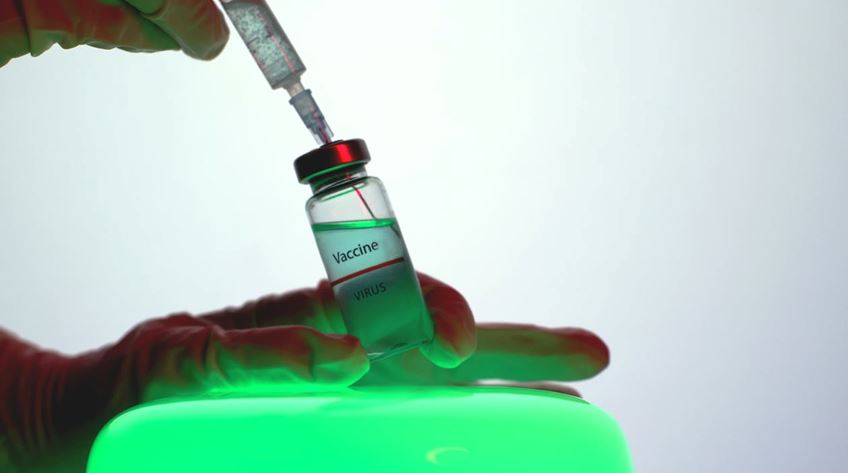Why Do Vaccines Need to Be Refrigerated?

To say that the last year has been challenging would be an understatement. As health officials advised the public on ways to prevent the spread of the virus and the authorities started lifting lockdowns, the news of new strains of the virus emerged.
These new virus strains are deemed deadlier and more contagious, adding to the fear surrounding the pandemic.
A year after the first coronavirus case was reported in the US, the vaccination process has started. But vaccinating large communities is quite a challenge for governments and healthcare workers.
The transportation and distribution of the shots require exceptional care; they need to be kept cold, or they will lose their effectiveness. Let’s explore why keeping vaccines at an optimal temperature is essential and how the process can be made easier:
Optimal Temperature Requirements
Vaccines need to be transported in a cold chain system. This means cold temperatures need to be maintained throughout the manufacturing, packaging and distribution process of the vaccine.
And the list of stringent requirements don’t stop here; different types of vaccines need to be kept under different temperatures as per the manufacturer’s guidelines. Most types of vaccines need to be stored in conditions under minus 5 degrees Celsius to minus 20 degrees Celsius.
Some types of vaccines require even colder temperatures, like the Pfizer vaccine produced for the coronavirus that needs to be stored under minus 70 degrees Celsius, a condition colder than the climate of Antarctica!
Regular lab refrigerators commonly used in hospitals and other healthcare facilities don’t operate at these extreme temperatures. Special freezers such as the Ultra-low Technology or ULT ones need to be used instead.
Temperature Fluctuations
Vaccines are also sensitive to temperature fluctuations. The best type of lab refrigerators can minimize these fluctuations to ensure the vaccines are kept at a steady temperature. Experts have advised that the temperature fluctuation acceptable for vaccines is an average of 5 degrees shift.
Minimizing these temperature fluctuations is especially challenging when transporting the vaccines. Portable freezers can be used, but they have limited battery life and if delays occur due to any emergencies, then this could adversely impact the vaccines’ effectiveness.
Issues with Distribution
The problem with distributing vaccines is that excellent quality refrigerators are needed for transport and storage. As the requirements of vaccines differ in terms of refrigeration, the refrigerators to be used will also differ.
It’s better to choose refrigerators with a backup power system so that any emergency delays will not harm the vaccines. The refrigerators’ size also becomes an issue if there isn’t sufficient space in the transportation and storage areas.
Some refrigerators are also equipped with a disaster recovery plan, but it is rare to find them in smaller sizes. Portable refrigerators can help but need to be handled carefully during transport.
Challenges and Solutions
Even though keeping vaccines at the correct temperatures is a challenge, it is not entirely impossible. When the Ebola virus emerged in South African countries, maintaining a cold chain was thought to be an obstacle due to the power issues.
However, this challenge was overcome by correctly using portable and compact freezers that successfully enabled people to be vaccinated. As technological advances occur, freezers and refrigerators are being manufactured in compact sizes that are powerful enough to maintain extreme temperatures. They can be the solution the medical community needs for vaccine storage right now.
Using the proper refrigerants to store vaccines is crucial as it can differentiate between curing disease and making the vaccine completely ineffective.
With routine maintenance and following preventative maintenance procedures on lab refrigerators, their performance can be monitored, so vaccines are kept in optimal conditions.
When it comes to choosing the proper storage and transport facility for vaccines specifically, you should ensure that the lab equipment you’re using is medically graded and is up to international standards.
Emergency components such as power backups and disaster recovery plans are also crucial to help preserve the vaccines in optimal conditions while preventing risks.
North Sciences is an international company that has been manufacturing laboratory equipment for medical use in North and South America for over 20 years. You can buy a lab refrigerator online by visiting our website. We also provide ULT freezers and bio-freezers. Contact us to learn more and get the refrigerant most suitable for your needs.
